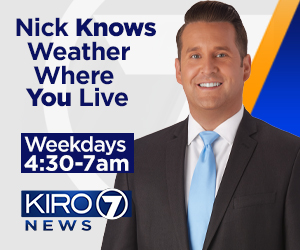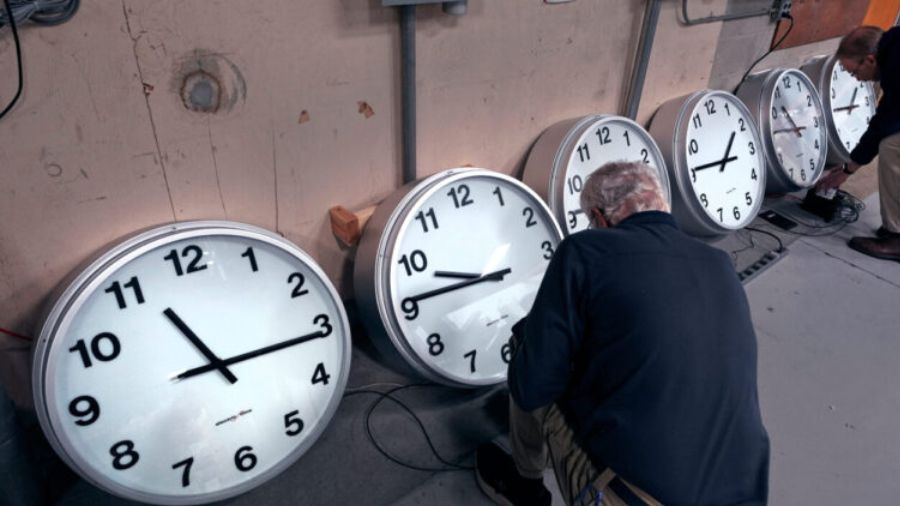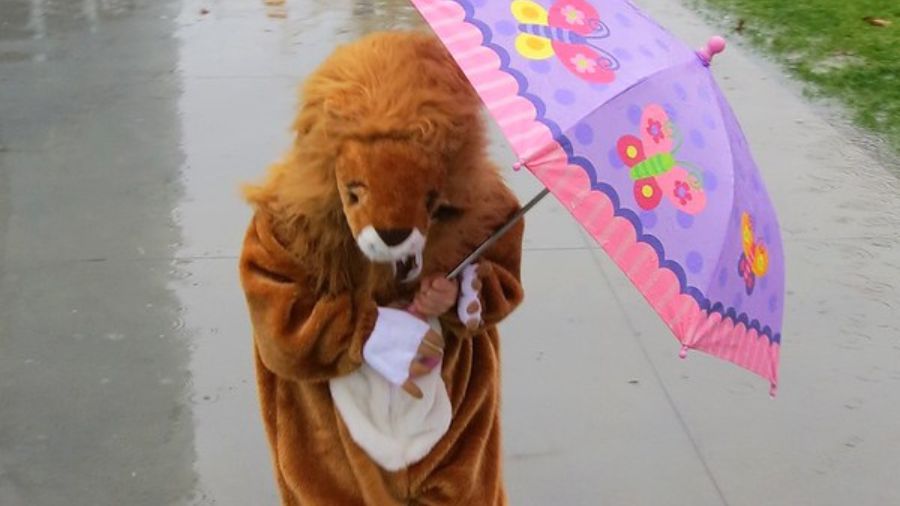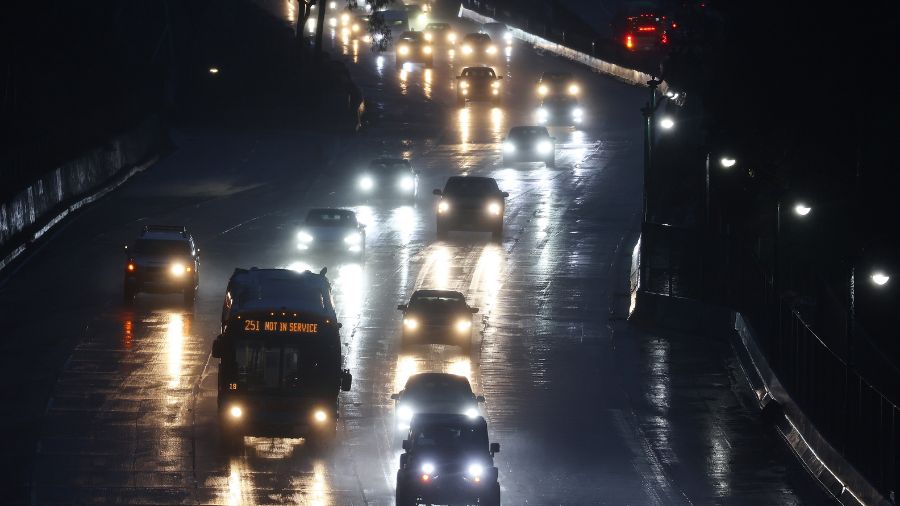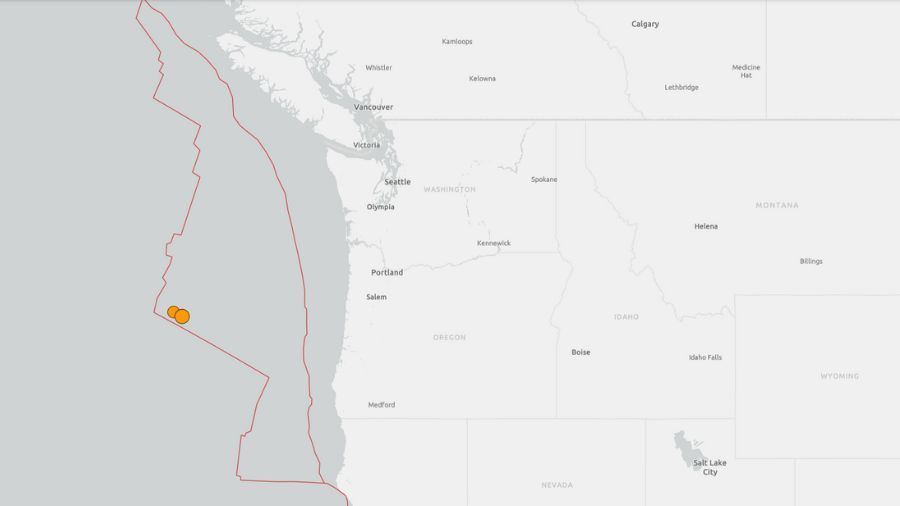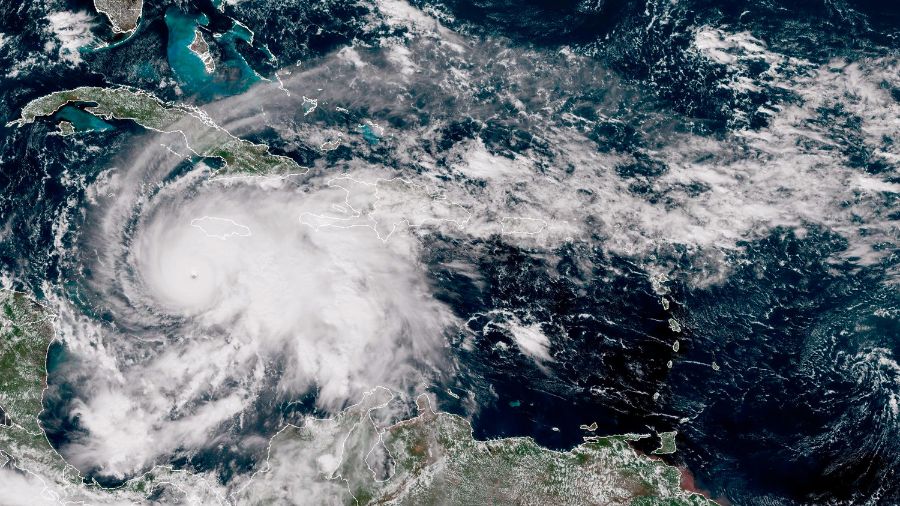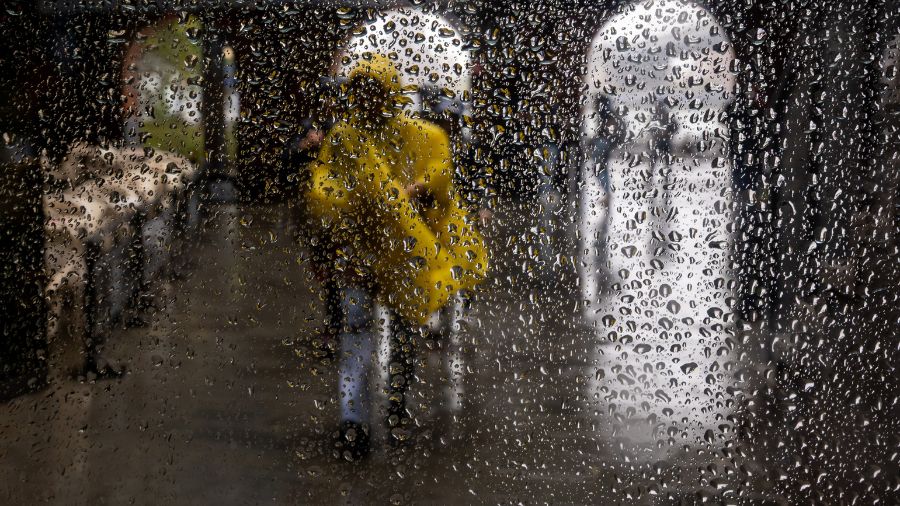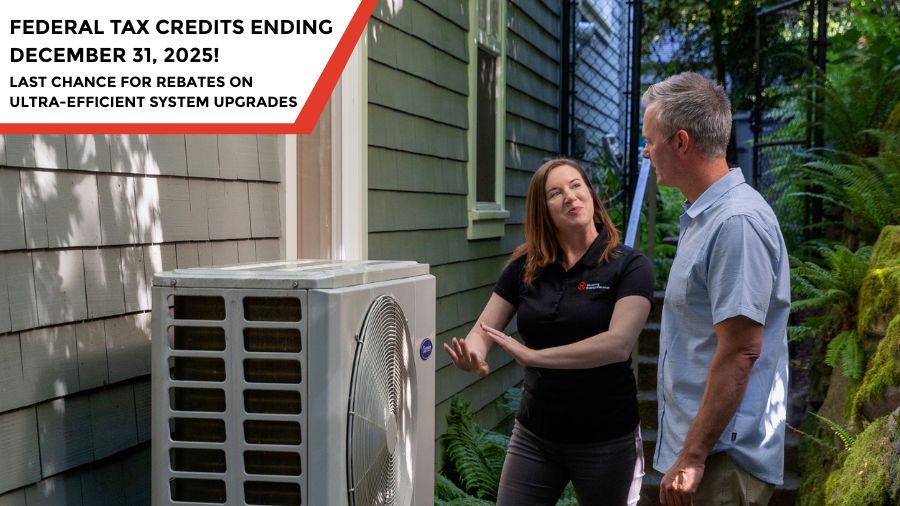First thunder-and-hailstorm of fall strikes Seattle
Oct 12, 2025, 5:27 PM | Updated: Oct 13, 2025, 6:58 am
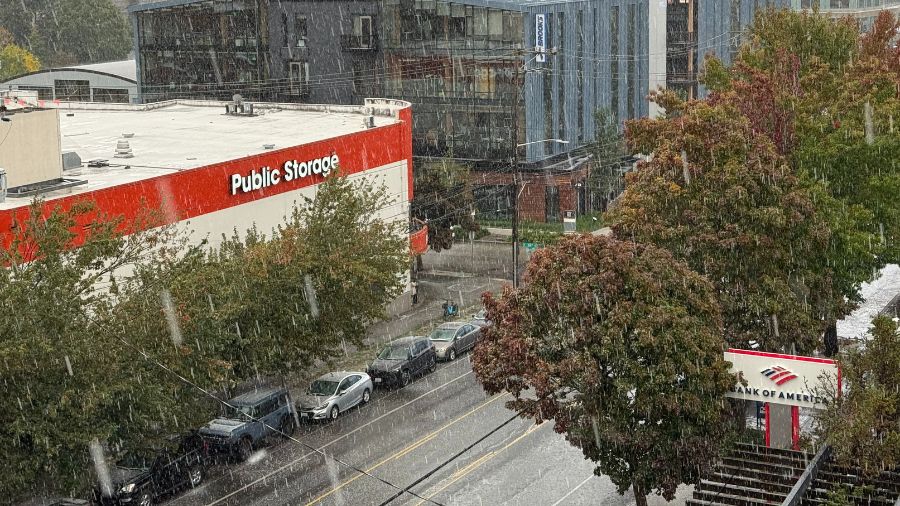
Thunder and hail strike Seattle's Fremont neighborhood late Sunday afternoon. (Photo courtesy of MyNorthwest staff)
(Photo courtesy of MyNorthwest staff)
Buckets of rain hit Seattle and other neighboring cities in the Puget Sound region Sunday afternoon, followed by a hailstorm accompanied by thunder and lightning.
Just after 4:30 p.m. Sunday, hail briefly covered many major thoroughfares and streets in the city before the consistent downpour of rain washed it away.
Thunder continued for the following few hours.
It is the first such storm to hit Seattle this fall. Moderate to heavy rain lasted through 8 p.m., according to the National Weather Service.
Weather forecast as fall settles in
Seattle and surrounding areas have been experiencing rain since Thursday, with highs hovering in the low 60s. This upcoming week may feature a break in the rain, but the stormy weather returns the following weekend.
While the upcoming week’s high is only 63, expect plenty of sunshine Tuesday and Wednesday before cloudy conditions take over in the back half of the week.
Washington’s dry 2025
The onslaught of rain will hopefully mitigate the damage an abnormally dry year had on Washington.
With the exception of March, the winter and spring months had well below-average rainfall for the year heading into summer. The Seattle-Tacoma International Airport (SEA) was nearly five inches below normal for the year through May.
That dry trend continued through much of the summer. Only August had more than the usual rainfall for the month by just more than a tenth of an inch. By the end of September, SEA had finished more than seven inches of rain below average for its annual precipitation thus far.
First snow in the mountains
The turn to autumnal weather also means that, at 5,000 feet in elevation, the first snow of the year will begin in the mountains, according to the National Weather Service (NWS).
Stevens Pass and the North Cascades are expected to receive some snow, potentially three to six inches at 5,000 feet, starting this weekend. Snoqualmie Pass can also expect to see some snow.

